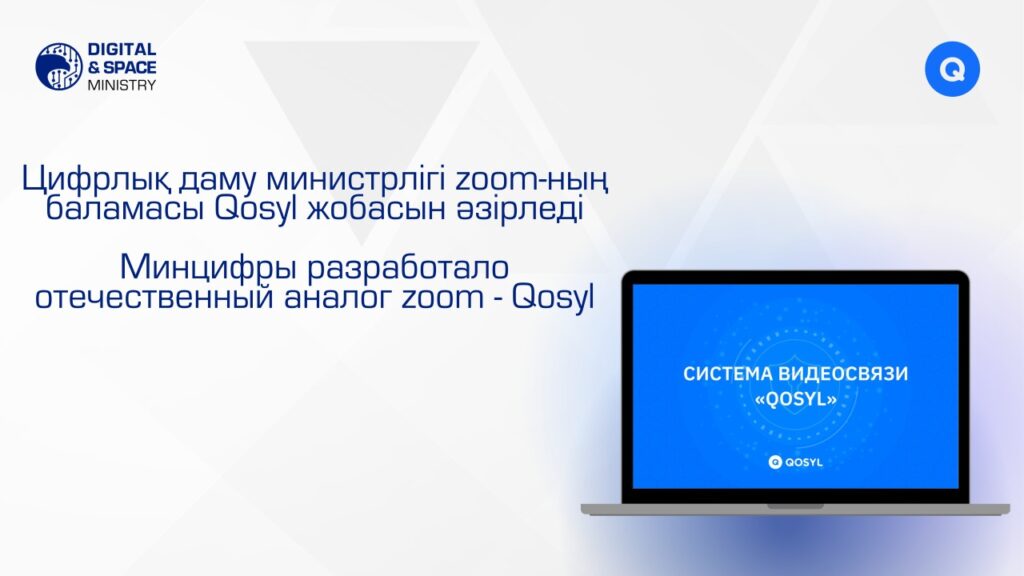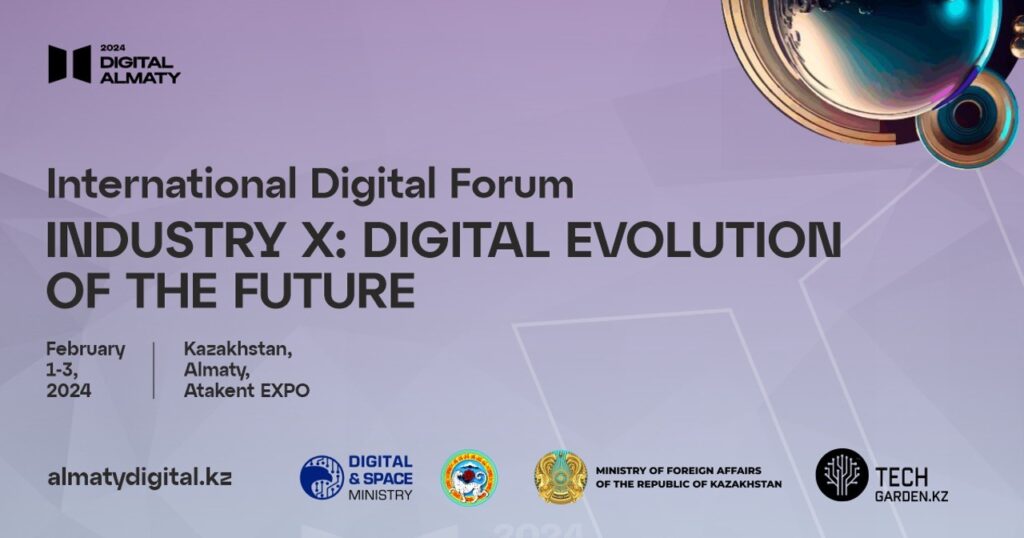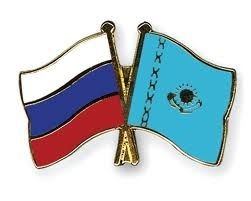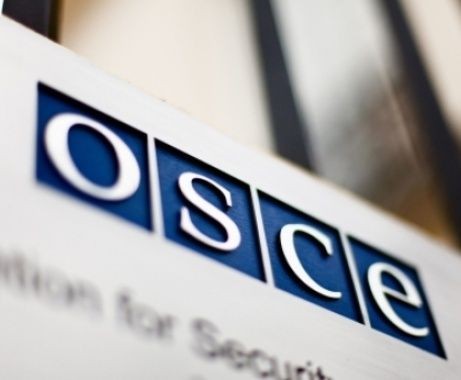Kazakhstan Launches Online Video Conferencing Platform
The Ministry of Digital Development, Innovation and Aerospace Industry of Kazakhstan has announced the launch of Qosyl, an online video conferencing platform which is analogous to Zoom. The launch of the system in pilot mode is now complete, and central government agencies are now using the software for video conferencing. The Minister of Digital Development, Innovation and Aerospace Industry, Bagdat Musin emphasized the importance of the project. “Today, government agencies actively use online platforms to hold meetings, which saves time for civil servants. The Qosyl project ensures that meetings are held in a secure information environment, which is especially important for government agencies,” said Musin. According to the project manager, Nurislan Isakov, “this plan was created in 2020, during the pandemic. There were requests from government agencies to create an online video conferencing platform which would not depend on foreign manufacturers and would not use their servers. It was a prerequisite that the product run on servers in Kazakhstan, which ensures information security. “Due to the fact that the servers are located in Kazakhstan,” Isakov continued, “all media traffic does not pass through foreign countries. The second point, when compared with Zoom, is that our product is easier to use, even for an inexperienced user. It does not require downloading additional applications; you can connect through any browser on any device.”






